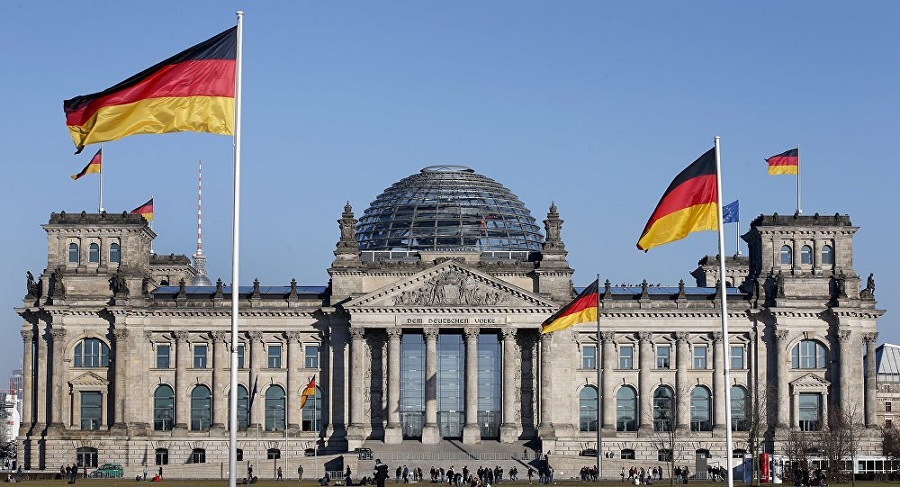The German Bundestag on Thursday will debate and vote on a resolution to support Macedonia’s EU membership, the Macedonian language and identity.
The coalition factions of SPD, the Greens and FDP have announced a motion entitled “Actively support Macedonia on its path to the European Union”, which is to be voted on after a half-hour debate.
The documents proposed in the Bundestag also say that the Western Balkans remain “a region of latent instability”.
“The Russian war of aggression against Ukraine has highlighted the vulnerability of borders in the heart of Europe, as well as the fact that frozen or supposedly spatially limited conflicts can quickly escalate and spread. Such conflicts threaten the stability and peace interests of the EU. Despite great progress in recent decades, the Western Balkans remain a region of latent instability, where organized crime, corruption and weak judiciary are widespread,” the German MEPs say.
Ethnic and religious issues also persist in the region, it is added.
“It is in the EU’s own interest that the six Western Balkan countries – Albania, Bosnia and Herzegovina, Kosovo, Montenegro, Macedonia and Serbia – which are not yet members of the EU but are directly surrounded by EU member states, achieve long-term stability, rule of law, peaceful settlement of disputes, solid democratic structures and economic prosperity. For this to happen, the goal must remain to include these countries in the EU,” reads the document to be debated in the German Bundestag on Thursday.
Commenting on the proposed resolution in the Bundestag, Boris Mijatović of the Greens told 360 Degrees that “the Macedonian language is welcome, the Macedonian people are welcome, the country of Macedonia is welcome to join the EU”.
Thomas Hacker of FDP pointed out that there was now an opportunity to speed up the process of accession of new members to the EU and it should be taken.
The Bundestag debate will also focus on the European integration and the situation in the Western Balkans.
The German MEPs will call on the federal government to reach agreement at EU level that the EU accession prospects for Macedonia, Albania, Bosnia and Herzegovina, Kosovo, Montenegro, and Serbia are “unequivocal, credible and underpinned with tangible progress”.
In addition, it is proposed that intermediate steps be agreed with candidate countries towards closer ties with the EU on the path to EU membership, including non-voting associate membership in the common foreign, security and defense policy and a way to access the EU’s internal market in return for reforms and implementation of the Copenhagen criteria as well as progress in the rule of law.
Further demands are aimed at firmly rejecting any border changes in the countries of the Western Balkans, accession to NATO, enhanced fight against corruption, continuation of the Berlin Process for regional cooperation, and reforms within the EU to ensure its future capacity for new members.




Comments are closed for this post.